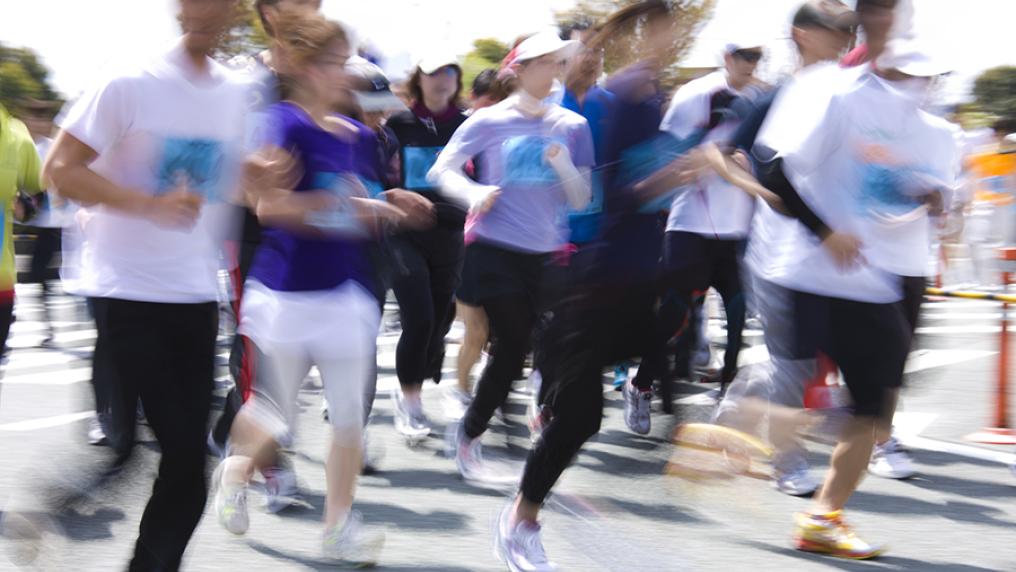No sex before sport – does abstaining really help an athlete’s performance?

Paris is often called ‘the city of love’, but the cardboard beds provided to athletes at the Games have been criticised as ‘anti-sex’. Beyond the media headlines, is there any evidence that sex might harm the performance of elite athletes?
For years, there have been strong opinions within sporting circles about the impact of sex on athletic outcomes. Victoria University (VU)'s Professor David Bishop investigates exercise and human performance; he says of the few scientific studies he’s seen in recent years – all only including men – none have been able to prove sex has a negative impact on sporting outcomes.
One related to cycling looked at the effects of sex on track outcomes. There was no evidence of a bad result after sex. Of the few studies completed – ranging from days of abstinence to sex the night before an event – none proved to have any detrimental impact on athletic performance.
“Sex itself is not likely to be a problem for athletes or affect their performances at the Games. But if it comes after a long night of alcohol or drug use – that could be a big problem!” Professor Bishop said.
“Sleep deprivation, excessive drinking and partying can definitely affect athletic outcomes and should be avoided, especially during competition times.”
It’s been a constant superstition for centuries. Especially for male athletes.
“Back in the 1st century AD, Greek physician Dr Aretaeus believed a man’s strength could be enhanced by the retention of semen. It relates to the idea that semen contains a cerebrospinal substance (as proposed by the ancient Greeks), or divine energy, as suggested by traditional Chinese medicine.”
“Despite the 300,000 condoms being handed out to athletes in Partis, it’s not uncommon for coaches still today to ban teams from sex during an event or during a set timeframe. However, it’s probably the activity around it – the chasing of sex – that is more the issue.”
“Strict sleep and eating habits before and during the Games is most important. Some sex is unlikely to have an impact either way,” Professor Bishop added.
Contact us
Gemma Williams
Media and Communications Manager, Research and Impact
+61 401 664 047 [email protected]


